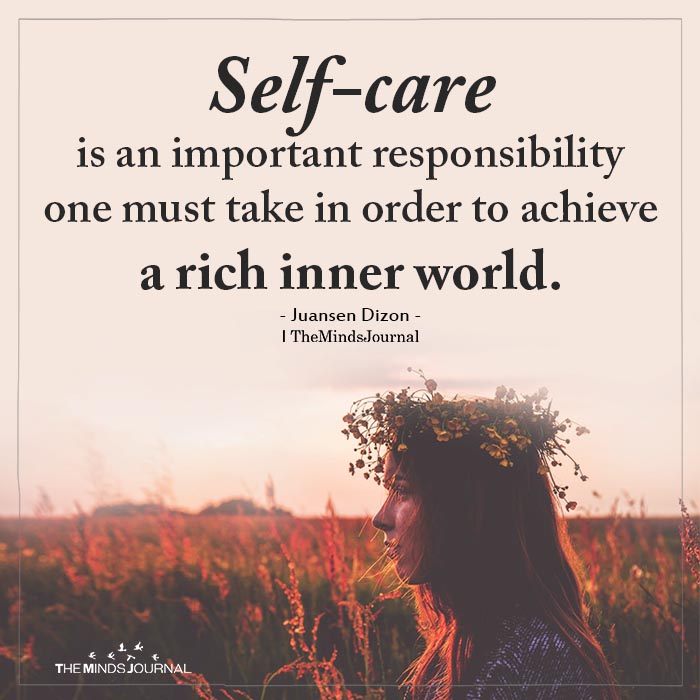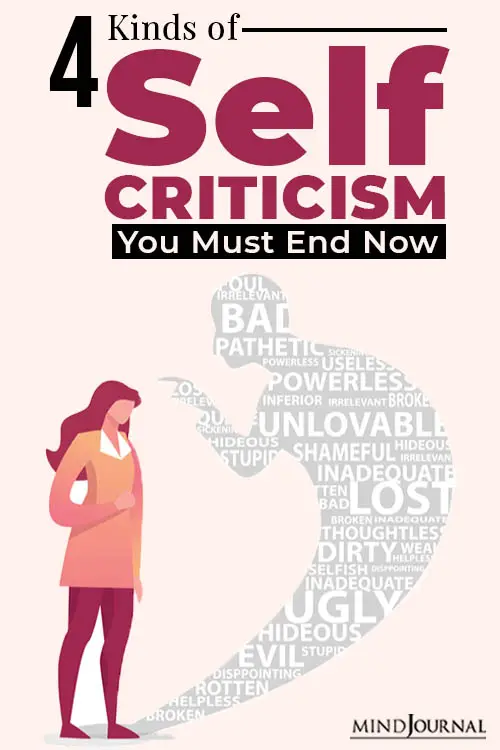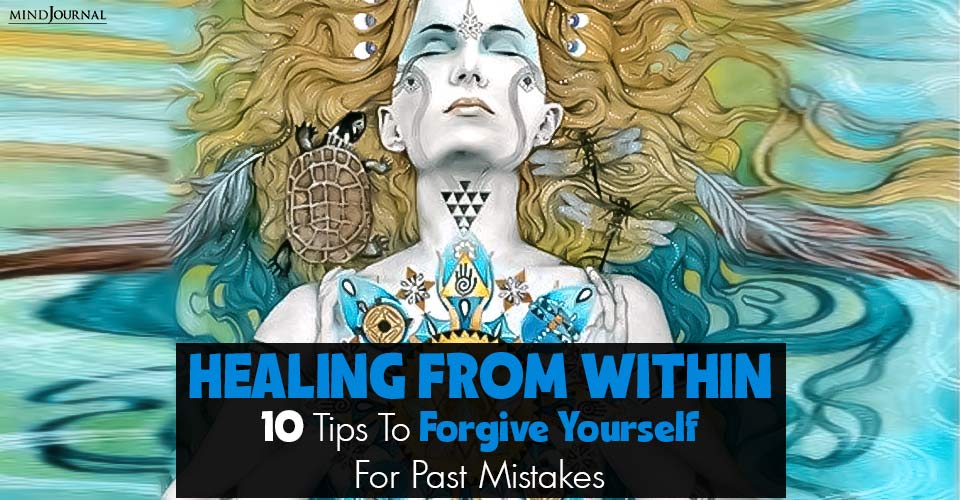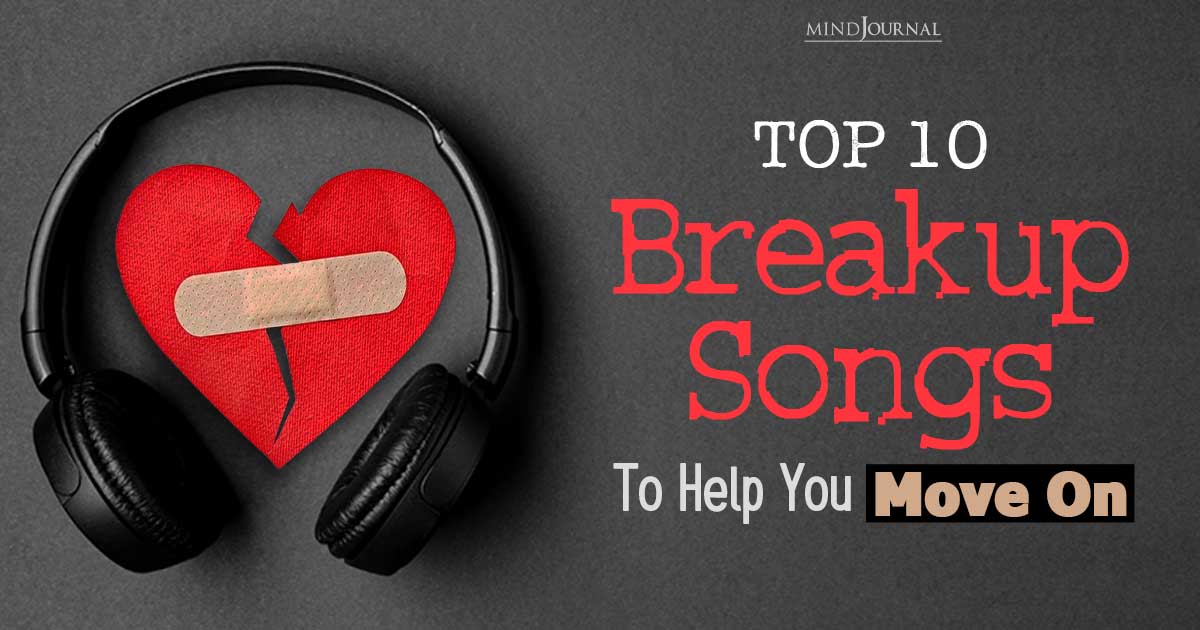Self-criticism is good, but only in small doses. Too much self-criticism can severely affect your mental health and how you perceive yourself and your abilities.
“You are such an idiot,” used to be my go-to internal reprimand. It’s harsh, I know but I used to be the Queen of negative self-talk. No matter the circumstance, I could find a way to blame myself for falling short, even if the outcome was good. Forget waiting for the other shoe to drop or finding someone else to blame, I was more concerned the sky was falling and it was all my fault.
The powerful and challenging thing about negative self-talk is learning that you ARE your inner critic. Therefore, in order to navigate the rough waters of negative self-talk, you have to cultivate a healthy sense of self-awareness.
For a long time, I thought I was being appropriately hard on myself because if I wasn’t, who would be? I couldn’t have been more misguided.
Almost everyone on the planet has experienced a moment when positivity goes out the window and you become your own worst enemy. It’s in those moments when your inner critic pipes up and begins hurling destructive falsehoods at you.
Negative self-talk is so insidious that you may not even realize it’s happening until you are in the throws of self-inflicted internal flogging. It may start out as a little personal reprimand that goes on unchecked, which spirals into a full-on “I’m an Idiot, WTF was I thinking” scenario. Before you know it, you’ve blamed all the world’s problems on yourself and all you want to do is crawl under a rock.
Thankfully a little self-awareness goes a long way. It can be like a lamp turned on in a dark room that immediately allows you to feel more secure, confident and knowledgeable about yourself. In an effort to help you turn on the light.
Related: The 5 Types of Self-Talk Your Brain Likes Best
Here’re 4 types of negative self-talk you need to stop right now:
1. Personalizing
Some examples of personalizing are:
“We didn’t get the account! It must have been because of my presentation. “
“Friendsgiving is canceled this year? It has to be because no one likes my food.”
If any time something bad happens, you automatically think it has something to do to you directly, you have personalized the outcome.
One cause of personalization is insecurity. When you feel insecure, uncertain, and anxious, it is easy to label yourself as the cause of unfortunate outcomes. The challenge is slowing down long enough to acknowledge that there is no evidence to support the personalization of the outcome.
One way to halt personalized negative self-talk is to first acknowledge that you are personalizing. Then, ask yourself if you know it to be true. The following line of questioning has worked wonders for many dealing with personalized negative self-talk:
Is it true that you are the reason things went wrong? Is it true that you are the reason something bad happened? What evidence do you have to support that?
Honest answers to these aforementioned questions can help give you the distance you need from the outcome to make an objective assessment of your role, while also quieting your inner critic.
2. Filtering
Some examples of filtering are:
“So what I got that done, there’s still a ton to do if I want to be successful”
“They enjoyed that garbage? I thought I could have done so much better!”
When no matter what happens, you disregard what has been accomplished and focus on what you have left to do, then you’ve filtered the outcome.
A lack of mindfulness can lead to filtering. Mindfulness is about connection when it is absent, all of our actions can feel disconnected. If you are not clear about how your current actions are connected to your overall goal, it can leave you feeling like an untethered balloon floating aimlessly with no direction.
Being detached from the reality of your actions can cause you to feel frustrated like you are on a hamster wheel to nowhere.
One approach to work with this kind of negative self-talk is to remind yourself of the true merit of what you have already accomplished. When you find yourself dwelling on what you haven’t done, pause and acknowledge the thought without judgment. Take yourself out of the equation, and objectively ask:
What have I already done that is going to help me get closer to where I want to go?
Write down your answers, and read them aloud to yourself. Taking time to intentionally reflect on the bigger picture can reveal all the positives you previously overlooked.
Related: What is Self-Esteem And How To Raise It?
3. Polarizing
Some examples of polarizing are:
“I didn’t beat my personal best this time, I suck!”
“I burnt one of the biscuits, I’m the worst cook in the world”
If your thinking is very black and white, then you are likely experiencing polarized negative self-talk. When you are in a polarized mental space, you see your behaviors and outcomes categorically – they are either good or bad, there is no in-between.
Perfectionism can be a cause of polarizing. Wanting everything to be perfect creates an untenable idea that causes you to micro analyze all your outcomes. The micro-analysis creates an energetically draining and seemingly endless cycle of problem spots.
One method for dealing with polarized thinking is to remind yourself – Perfection is an illusion and reality is subjective. As Shakespeare wrote,
“There is nothing either good or bad, but thinking makes it so.”
Shakespeare poetically describes every human’s secret superpower – the ability to control your individual perception.
You have the power to shape your subjective reality by controlling your power of perception. When you accept that perfection is an illusion, you free yourself from the pain of trying to perceive all things, including yourself, through that lens.
Want to know more about how you can limit your self-criticism? Check this video out below!
4. Catastrophizing
Some examples of catastrophizing are:
“Traffic is terrible, I’m going to be late! Now my whole day is ruined.”
“My partner didn’t say I love you this morning. We must be about to break up.”

Remember Chicken Little, who got hit on the head with an apple and immediately thought the sky was falling? He was the poster child for catastrophizing. If the slightest negative outcome triggers you to anticipate the worst outcomes in all areas of your life, and you believe calamity is inevitable, then you catastrophized the outcome. This type of thinking takes cause and effect reasoning to an illogical extreme.
In order to overcome catastrophic thinking, it’s important to remember that not every action you take is related. While you may be late to work because of traffic, it does not automatically mean your day is ruined. Likewise, if your partner forgot to say I love you before work, that doesn’t mean you’re definitely breaking up.
Think of cause and effect like a tree. The initial cause is like the tree trunk and the effect can be any one of the many branches that sprout from the trunk. The next time something unexpected throws you for a loop before you assume the worst, remember the worst is just one branch of the tree. You can always choose a different branch.
Related: 3 Steps To Heal Self-Criticism As A Highly Sensitive Person
Final Thoughts
Now stop beating yourself up and give yourself permission to live!
Not every situation is going to go your way – and that is expected. When things go left, you don’t have to become your own worst enemy; instead, you can be your own best friend.
Be compassionate and patient with yourself as you begin to cultivate deeper self-awareness. Shifting out of long-established patterns of negative-self talk will take dedication and discipline. Be firm but kind to yourself. It may be difficult to completely eradicate the inner critic but, you can empower yourself to confidently shut him up.
Written by Alwida Rivera










Leave a Reply
You must be logged in to post a comment.